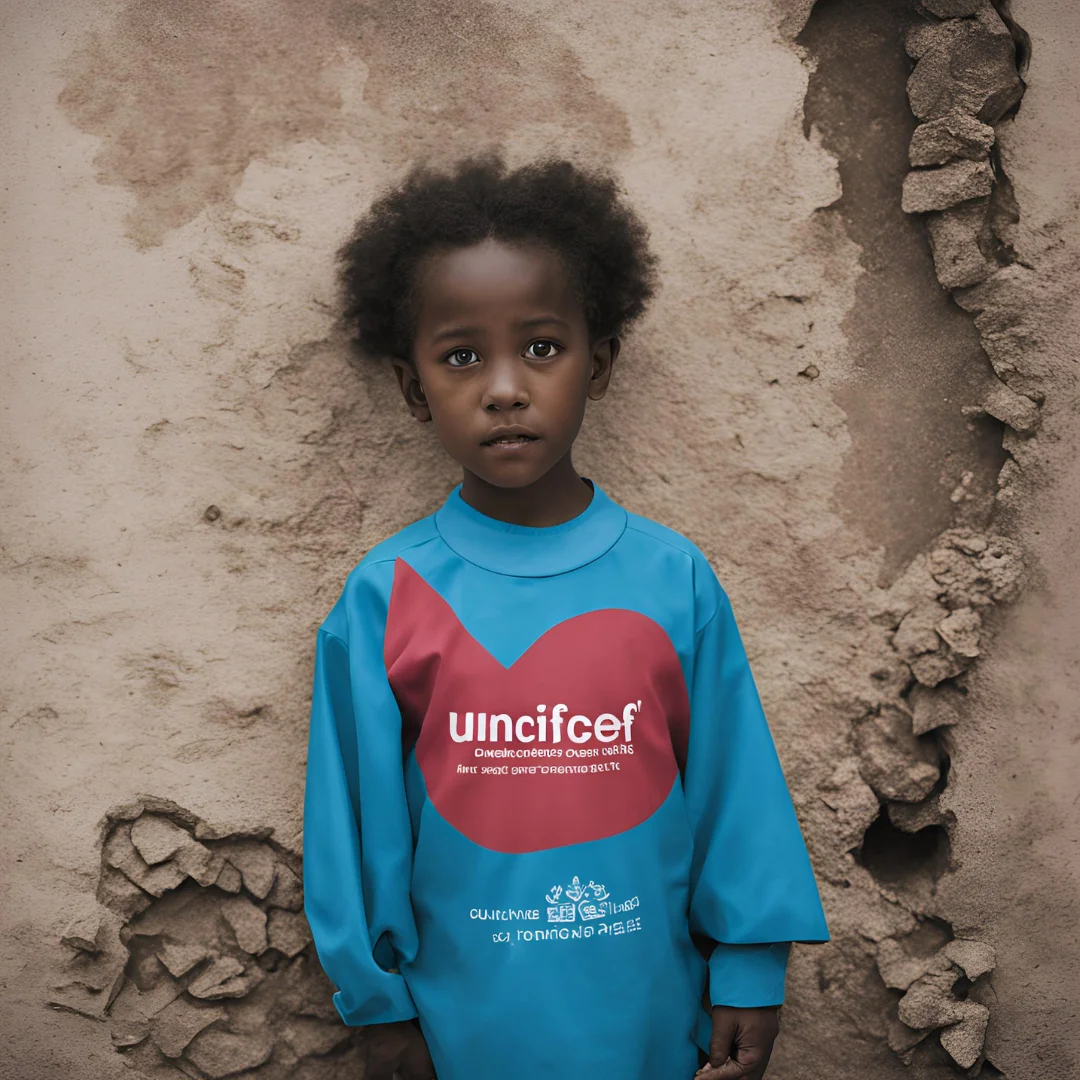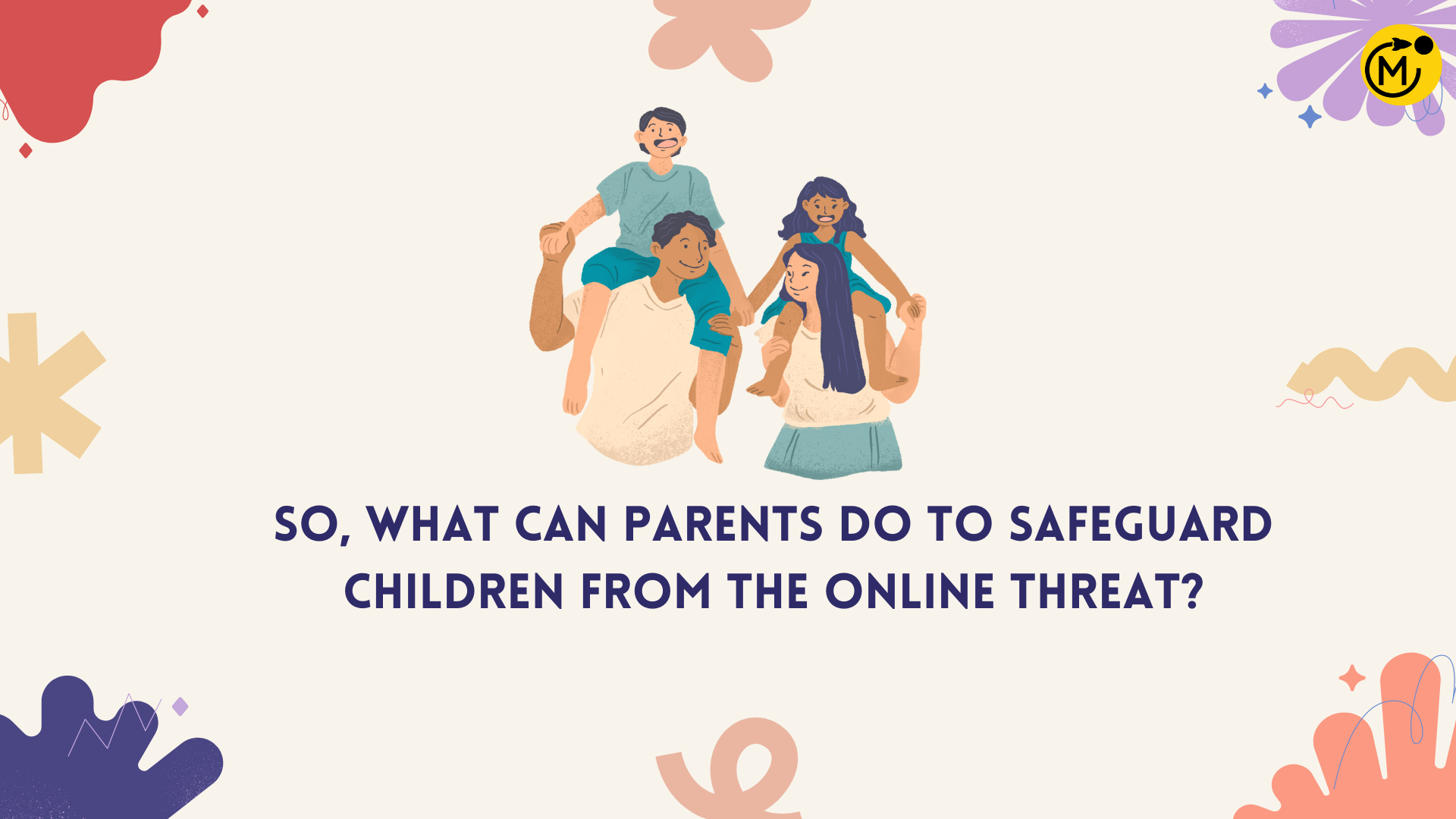
Update: This article was last updated on 18th April 2024 to reflect the accuracy and up-to-date information on the page.
The internet was a threat before COVID-19. After COVID-19, it has become an even bigger threat. It’s well-known how the pandemic has disrupted our lives and how online has become the new normal in the aftermath of COVID-19. The education system was hit hard by the virus among other things.
Continuing academic sessions while following precautionary measures such as social distancing became unmanageable, hence education was shifted online and distance learning became the new norm. Virtual classrooms replaced real classrooms; children started spending more than usual time on the Internet, and consequently, their safety became riskier. It is one of the biggest parenting challenges that parents are facing across the globe.
Recommended Reading: The Revolution in Education: Why Online Learning is the Future
UNICEF reports that over 1.6 billion children and youth have been affected by COVID-19.
UNICEF has put together the five most common online threats to children and they are:
1. Sexual abuse
2. Cyberbullying
3. Risk-taking online behavior
4. Potentially harmful content
5. Risk to children’s privacy
Researchers are working round-the-clock to provide a full-proof solution and mitigate the risks to the young lot.
Recommended Reading: Advantages and Disadvantages of Online Education
The online threat is a harsh reality! The need to combat the online threat was felt decades ago. The US led the way by implementing the federal law – the Children’s Online Privacy Protection Rule (COPPA) – in 1998. The strict guidelines of COPPA play an important role in protecting children under 13 years from online threats. Recently, the UK parliament approved the Age Appropriate Design Code of Practice for online services to make the internet safe for children.
The pandemic has accentuated the problem and tech giants are equally concerned about children’s safety; they are neck-deep in research too to find a technological breakthrough to provide full-proof safety tools to help parents safeguard their children from inappropriate content, cyberbullying, and adult information. Microsoft, Google, Facebook, and Twitter, the big technology companies, known for inventing search engines and social media tools and igniting a craze for the internet, formed the Technology Coalition in 2006 to prevent child sexual exploitation and abuse (CSEA) on the web. They too have backed a five-fold plan to “eradicate” child sexual abuse on the internet.
Recommended Reading: Cyberbullying: How to Protect Your Child in the Digital Age
The five key goals of the Technology Coalition are:
| Initiative | Description |
|---|---|
| Invest in Innovative Tech | To invest in innovative technology aimed at tackling child sexual abuse material on the web. |
| Hold Annual Forum | To hold an annual forum with governments, law enforcement, and other stakeholders, as well as periodic events. |
| Fund Independent Research | To fund independent research into trends around online child exploitation and measures to prevent it. |
| Create New Systems | To create new systems and develop existing ones for the sharing of information and threats across the industry. |
| Share Insights | To share insights on the reporting of child sexual abuse and establish a process for firms to benchmark their progress. |
Why is there a worldwide concern to protect children from online abuse? The answer lies in the UNICEF report that claims that more than a third of young people in 30 countries report being cyberbullied, with 1 in 5 skipping school because of it.
Furthermore, the reports also revealed that some 80% of children in 25 countries report feeling in danger of sexual abuse or exploitation online. Young adults and adolescents are susceptible to online threats that can have a lifelong impact on impressionable minds, especially vulnerable children.
Reclusiveness, lack of social skills, and unpredictable behavior are the knock-on-effects of online threats that children can bear. UNICEF is reaching out to various governments in the world to address the issue.
Recommended Reading: Data Privacy and Social Media: How to Be Safe and Have Fun For Kids
The motto of UNICEF is every child must be protected from violence, exploitation, and abuse on the internet. It supports coordinated national responses to online child sexual exploitation in over 20 countries – using the WePROTECT Global Alliance, a global movement to end child sexual exploitation online, model. Global Kids Online project, a collaborative initiative between the UNICEF Office of Research-Innocenti, the London School of Economics and Political Science (LSE), and the EU Kids Online network gather evidence on children’s digital rights, opportunities, and risks to better understand how the internet use contributes to their lives – and when it amplifies their risk of harm.
Notwithstanding the efforts, presently children are tasting the bitter fruits of the drastic change that has jolted their lifestyles. Parents feel helpless because they have no choice in the matter, but they have become much more vigilant to protect their children from unwarranted content and child predators. Honestly, parents need an instant respite from this threat.
Recommended reading: Parental Worries in the Age of Social Media: Hear from Alok Jain, CEO of Moonpreneur
So, what can parents do to safeguard children from the online threat?
UNICEF came up with 10 tips that can help parents in overcoming the challenges. They are:
| Guideline | Description |
|---|---|
| Agree on Boundaries | Agree as a family on boundaries and expectations for online behavior. |
| Talk to Your Child | Speak to your child about online safety and potential risks. |
| Encourage Positive Values | Understanding and encouraging positive social values, respect, empathy, good communication, and conflict resolution can all help keep children safe online, and these are things that parents do not need technological skills to talk about with their children. |
| Use Safety Tools | Become familiar with online safety tools and how to use them effectively. |
| Seek Help | Know where to seek help and assistance for both you and your child in case of online safety concerns. |
| Identify Trusted People | Identify trusted people, either adults or peers, whom your child can talk to about online issues. |
| Understand Privacy Risks | Understand the privacy risks associated with online activities and teach your children how to protect their privacy online. |
| Respect Privacy | Respect your children’s privacy online and discuss the importance of respecting others' privacy as well. |
| Play Online Together | Play with your children online and use it as an opportunity to bond and teach them about online safety. |
| Be Proactive | Be proactive in speaking and engaging with your children about online safety issues. |
Apart from the above remedies, parents can indulge in constant vigilance and constructive conversations to tackle the issue until a permanent solution is found. They can also resort to parental control software and apps, content filters, antivirus software, safe launchers, etc. to mitigate the threat.
In conclusion, in today’s era, every child is surrounded by computers, mobile phones, and various smart devices. Our world is consistently advancing in digital technologies. While it’s not inherently negative for every child to have a smartphone or computer, it’s crucial to educate them about potential risks to safeguard their mental well-being. As parents, we are well aware of the hidden dangers behind screens, and we must impart knowledge not only about the risks but also about being compassionate and considerate online.
By doing this, we empower our children to navigate the internet, engage in communication, and play games with friends more confidently. Every parent needs to convey that while technologies today bring numerous benefits, they also require careful attention because of the potential risks they entail. This educational approach contributes to shaping responsible adults in the future.
Looking for a comprehensive parenting guide to ensure you are on the right track? Explore a wealth of parenting wisdom and educational insights in Moonpreneur’s blogs. Additionally, you can join our programs that nurture the next generation of innovators. Book a free trial now!





























Are there tools or software that can help protect my child online?
Yes! Parental controls on devices can filter content and limit screen time. Antivirus software can also help protect against malware and online threats. Remember, these tools are a layer of protection, but open communication is key.